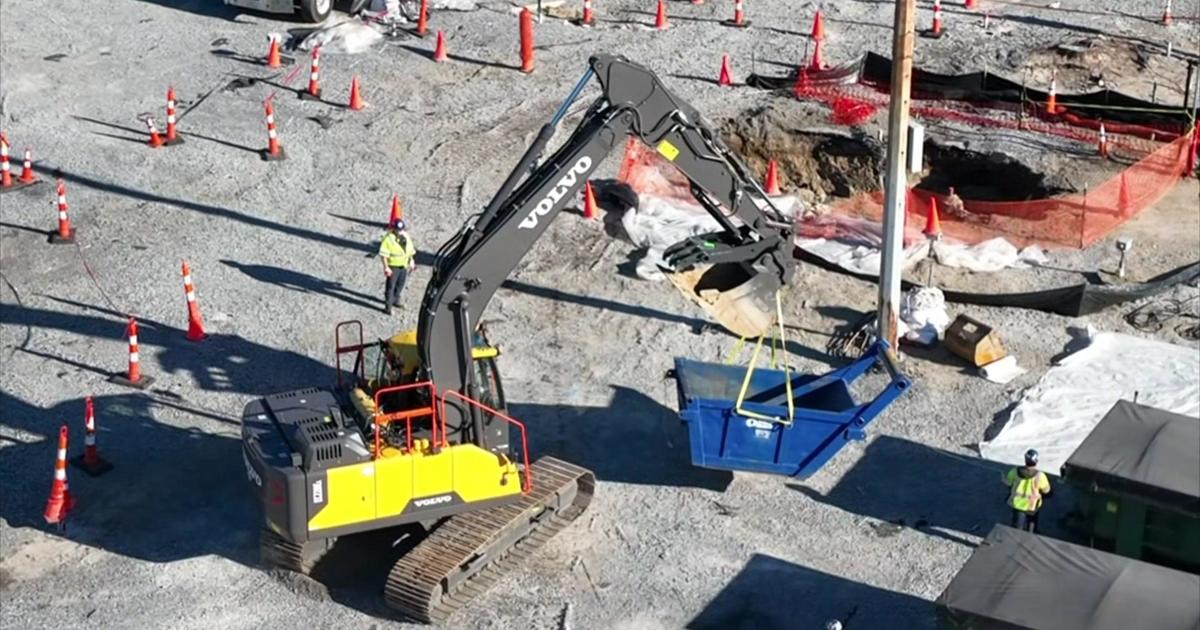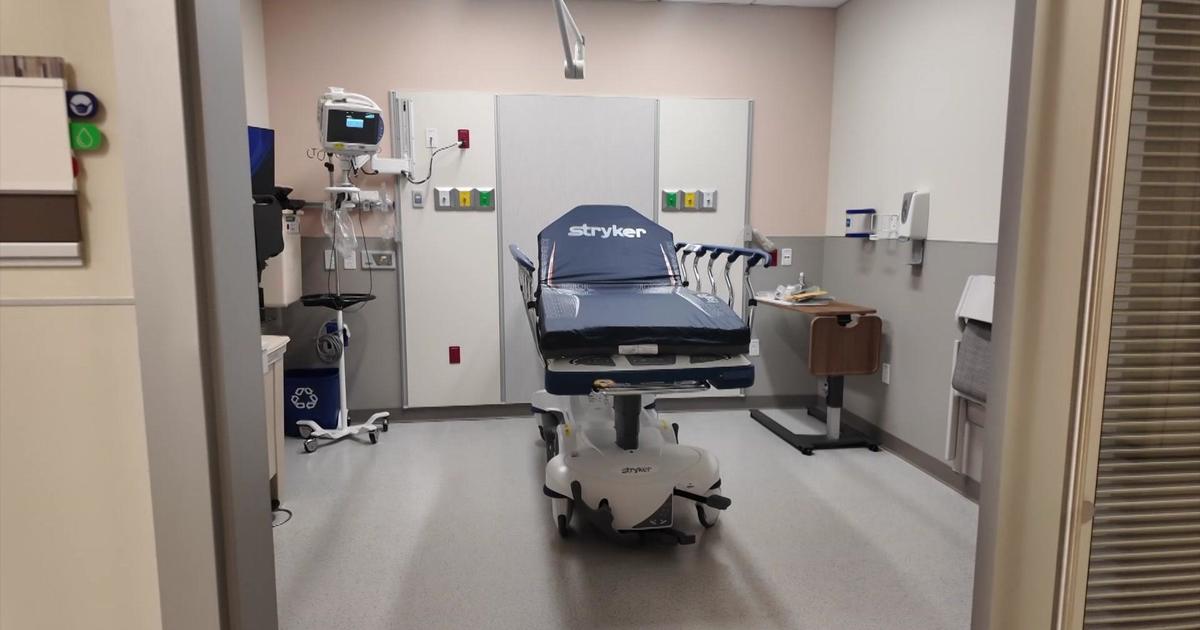Environmental Experts Say Long Island Implementing Fixes To Improve Water Quality Following Troublesome Storms
PATCHOGUE, N.Y. (CBSNewYork) -- An annual water quality report has painted a dire picture on Long Island of the challenges facing our region's waterways.
They include toxic tides, dangerous algae blooms, and turtle and fish kills, CBS2's Jennifer McLogan reported Thursday.
The quality of the water is the gold that fuels Long Island's local economy.
"I'm going for snappers, blowfish or anything that wants to bite the hook," Centereach homeowner Marguerite Mencke said.
Mencke said from fishing to tourism, it's all dependent on the health of the water.
"The upgrading is so important for the clarity of the water. I mean you don't realize, 'Oh, I'm one person, what difference does it make?' It makes a big difference," Mencke said.
She has been imploring each of her neighbors who live close to the bay to upgrade their septic systems.
Virtually all the water impairments are driven by rising nitrogen levels, stemming from household sewage.
Dr. Christopher Gobler and his Stony Brook University students discovered every major bay and estuary from Great Neck to East Hampton suffered with toxic algae or oxygen-starved waters this summer. They were made worse by storms Henri and Ida, when polluted runoff discharged into coastal water, killing sea life.
"And what that means is the amount of nitrogen going from land to sea is going to increase and continue to threaten our water bodies, our marine life, and even, frankly, human health," Gobler said.
"The bad news is these toxic tides are plaguing our waterways. The good news is we have a plan. The better news is we are implementing it," said Adrienne Esposito of the Citizens Campaign for the Environment.
With homeowner grants and incentives for sewage infrastructure fixes.
"The way we developed in the 1950s and '60s caught up with us and we can't do it anymore," The Nature Conservancy's Kevin McDonald said. "Suffolk County now is the leading county in the country to reverse and abate this problem."
Numbers are dropping, but 380,000 homes and businesses here still need to replace their aging, polluting septic systems to keep the water we depend on safe and clean.
Some federal, state and county grants make it possible to replace home septic systems for free.



